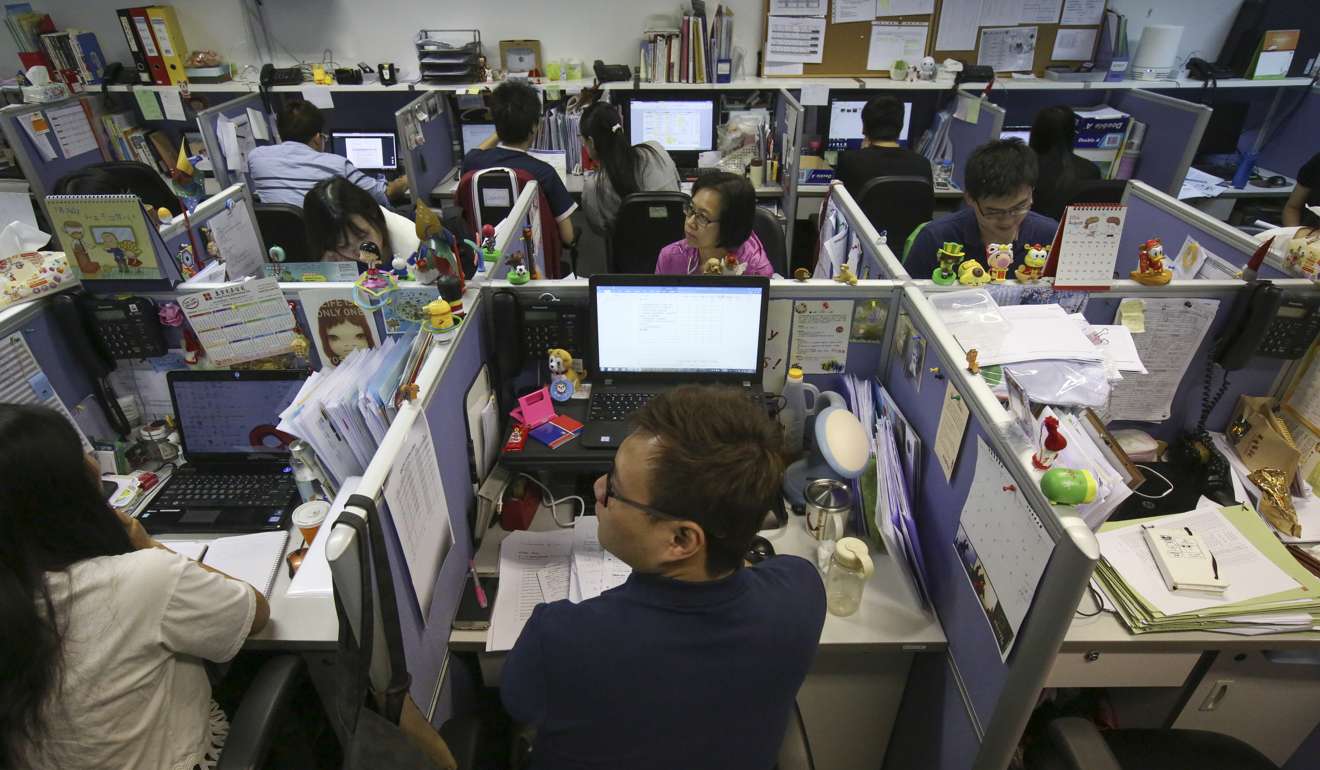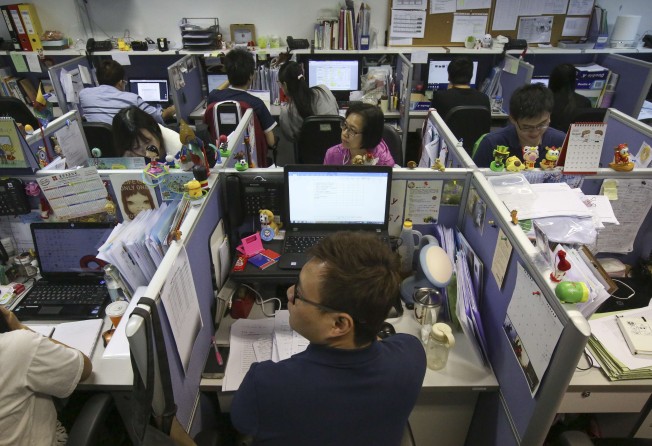
Four things employers should know about the benefits of a flexible work culture

Flexibility has become a popular buzzword for organisations. However, it is a vague term that refers to many different ideas. Flexible working arrangements are one example. Flexible working arrangements refer to organisational plans that allow employees to change when or where or how they work. They mean employees can move away from traditional working times and structures. Examples include flexitime, job sharing, compressed workweeks, annualised hours and telecommuting, among others.
Flexible working arrangements are popular but also controversial. Supporters of such programmes often focus on the business case for flexible working arrangements. They argue that these arrangements boost productivity and reduce employee turnover. They claim that flexible working arrangements keep organisations at the leading edge of best practises. In contrast, critics argue that these arrangements are too hard for workplaces to use effectively. To them, these arrangements have unseen costs that harm the bottom line of an organisation and can damage organisational cultures.
But what does science have to say? Should managers use flexible working arrangements to improve employee productivity and reduce turnover? Are they helpful for employee morale? Are they harmful to organisational culture? As luck would have it, the evidence-based scientific research on flexible working arrangements is fairly clear. Here are four key takeaways from the scientific study of these arrangements.

Firstly, flexible working arrangements benefit productivity, growth, and survival of organisations. Research shows again and again that they have positive relationships with organisational performance. A quantitative review of 41 studies over a total of 4,492 organisations showed that such arrangements benefit employee productivity. I have studied a group of over 1,000 businesses all started in 2004 and tracked them for seven years. I found that the use of flexible working arrangements is linked to increases in business survival, productivity and growth over time.
Secondly, flexible working arrangements reduce turnover and often benefit organisational culture. Study after study shows that these arrangements reduce employee absenteeism and turnover. Further, study after study shows that they help build trust between employees and organisations. Such trust is necessary to build positive organisational cultures. Finally, research shows again and again that employees report that working under flexible working arrangements is highly desirable. Such arrangements can help organisations attract and keep talented employees.

Thirdly, communication is key to whether flexible working arrangements benefit or harm employee morale. The relationship between flexible working arrangements and organisational productivity, turnover and culture is generally positive and consistent. However, outcomes for employee morale are mixed. Research often points to the double-edged sword of flexible working arrangements. These arrangements can increase employee morale, but they carry risks of role overload and burnout. Managers and leaders of organisations actions matter a lot. The key factor is clear communication. Managers and leaders in organisations must set clear standards about how employees communicate. They must make clear how to track hours. They must make clear how work gets done when a supervisor or manger is not around. Only when managers do these things, flexible working arrangements promote employee morale and reduce burnout.
Fourthly, flexible working arrangements are not a cure-all for organisations. Using flexible working arrangements well is a challenge. Research across multiple sectors and industries shows that smaller organisations often struggle to use these arrangements well. Organisations with fewer financial resources also struggle, as do organisations with less experienced, less educated leaders. Also, the benefits of flexible working arrangements are not immediate. My research shows the benefits of flexible working arrangements often emerge more than a year after an organisation starts using them. I have also found that after an organisation starts to use such arrangements, there are often short-term drops in productivity and growth.

One common belief is that organisations are more likely to use flexible working arrangements when they have a greater percentage of women in an organisation or its industry. Little scientific evidence supports this belief.
Flexible working arrangements cannot solve every problem for organisations. Organisations can also use flexible working arrangements poorly. The science and psychology of flexible working arrangements is complex, but the evidence is straightforward.
They improve employee productivity and promote business survival. They reduce employee turnover and benefit organisational culture. They benefit employee morale when communication is clear, and
organisations must use them in the right context and with the right resources.
Taken together, science and empirical evidence are generally positive on flexible working arrangements.
Studies of flexible working arrangements have been done in many countries and contexts both in the West and Asia. However, researchers have collected little evidence in Hong Kong. This is surprising because Hong Kong is an economic lynchpin for business in Asia. We must bridge this gap. To do so, I am currently working with an international team of researchers in Hong Kong, the United States, the Netherlands, and South Korea. Together, we are creating a research project to learn when flexible working arrangements provide the most benefit for organisations in dynamic, changing environments and in different national cultures and contexts. The study aims to collect data from multiple markets, including Hong Kong. Local companies are encouraged to participate in order to enrich our understanding of the best management tools available to Hong Kong organisations and business community.
David DeGeest is an assistant professor of the department of management and marketing at the Hong Kong Polytechnic University